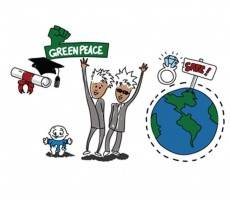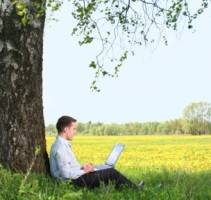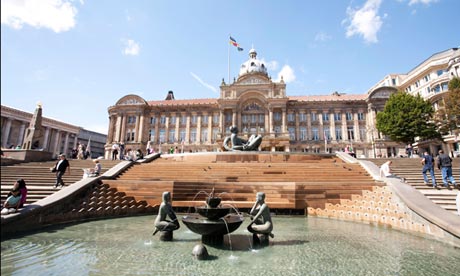July 7, 2015
‘World’s healthiest workplace’ is unveiled in Melbourne
 For some time now, the most talked about workplace issue has been wellbeing. Where once firms sought ways of using office design to solve a productivity puzzle, they are now increasingly concerned with the mental, psychological and physical health of employees. This is the case for most organisations but doubly so for those whose business is directly related to those issues, such as Melbourne based health insurance firm Medibank. The firm, Australia’s largest health insurer has moved to a new headquarters building in the Docklands district of the city and took the opportunity to create a space which it claims should be hardwired with the proactive principles of personal wellbeing and health with which its business is associated. The building has been designed by Hassell to meet these principles and includes a facility with outdoor sporting facilities, an edible garden and other green spaces.
For some time now, the most talked about workplace issue has been wellbeing. Where once firms sought ways of using office design to solve a productivity puzzle, they are now increasingly concerned with the mental, psychological and physical health of employees. This is the case for most organisations but doubly so for those whose business is directly related to those issues, such as Melbourne based health insurance firm Medibank. The firm, Australia’s largest health insurer has moved to a new headquarters building in the Docklands district of the city and took the opportunity to create a space which it claims should be hardwired with the proactive principles of personal wellbeing and health with which its business is associated. The building has been designed by Hassell to meet these principles and includes a facility with outdoor sporting facilities, an edible garden and other green spaces.



























July 21, 2015
Neocon highlights four of the world’s most important office design trends
by Neil Franklin • Comment, Events, Workplace design
More →